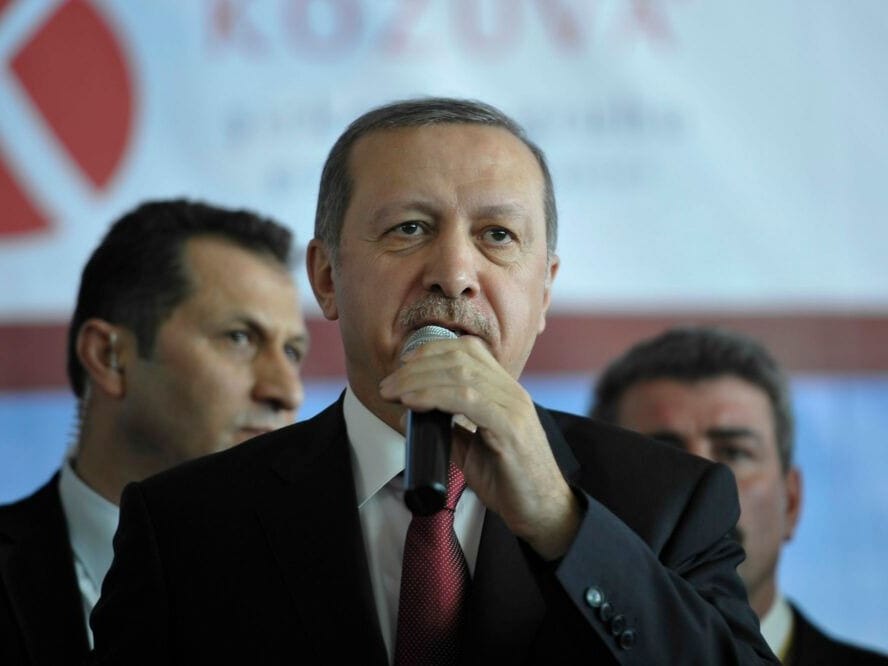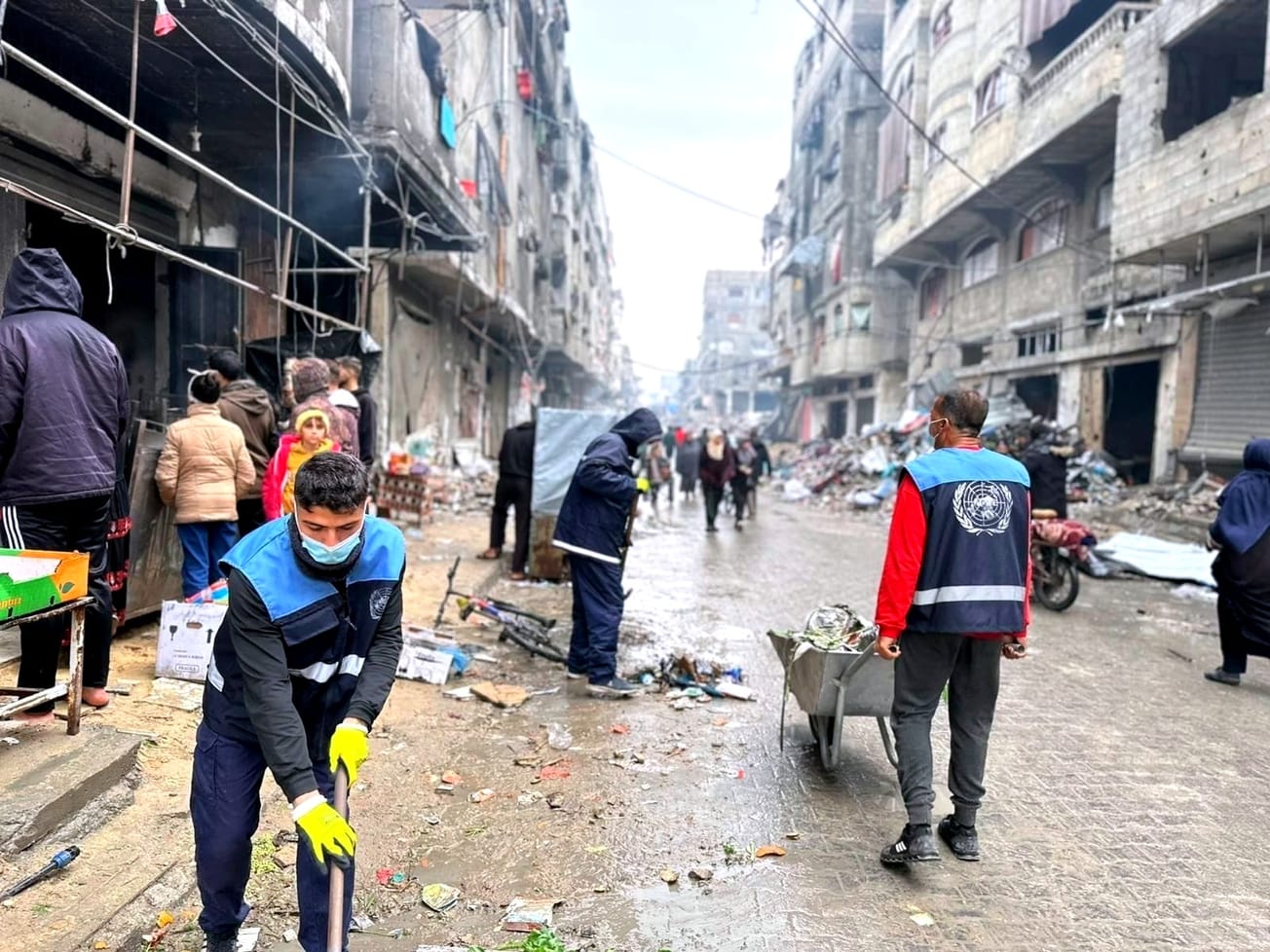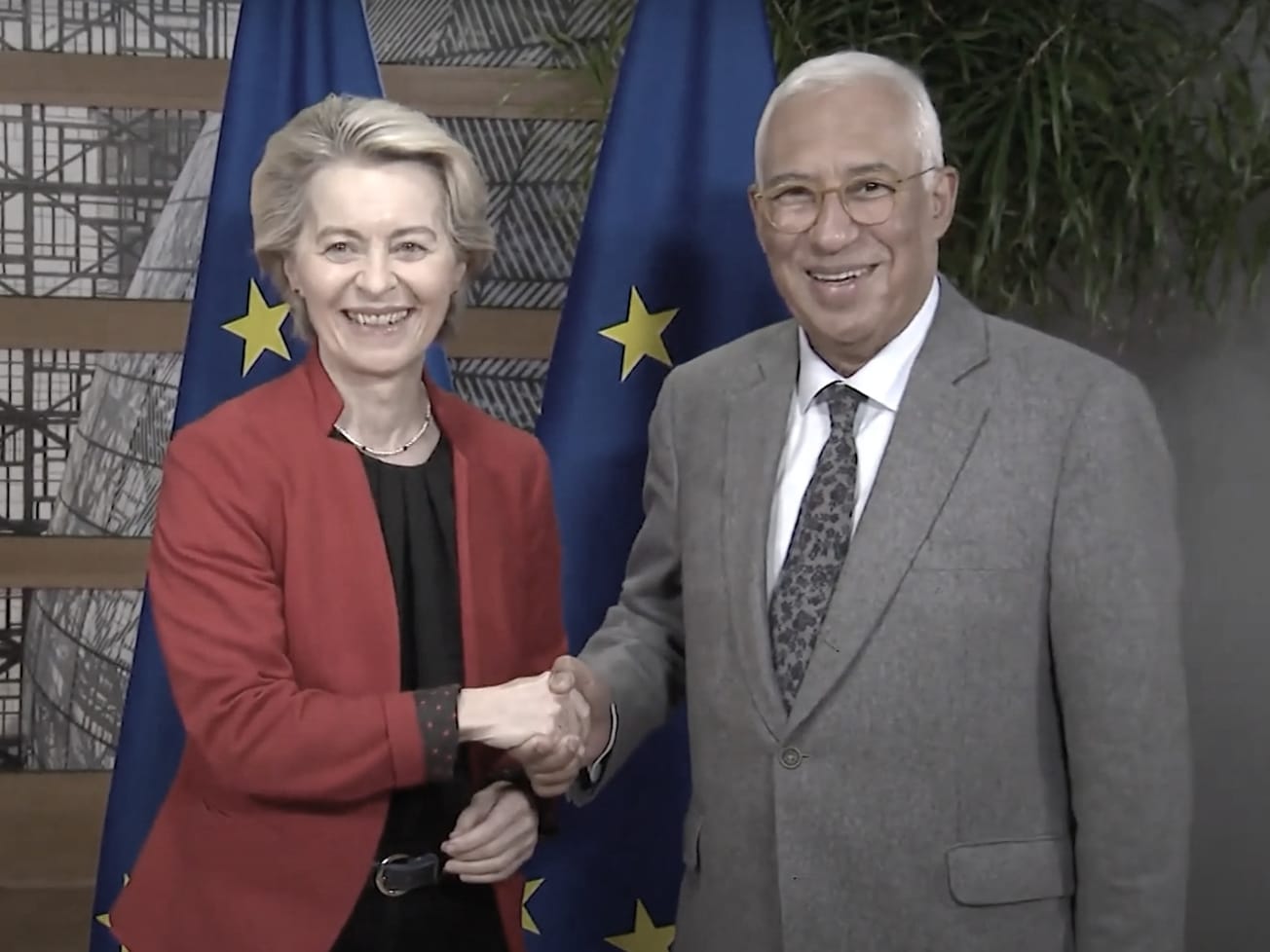Turkey's President Recep Tayyip Erdoğan said an international treaty half a century old will help investigators unravel the carefully orchestrated killing of Saudi dissident journalist Jamal Khashoggi.
The Vienna Convention on Consular Relations “cannot allow the investigation of this murder to be concealed behind the armor of immunity," Erdoğan said, contradicting Saudi Arabia's explanation that Khashoggi was accidentally killed in a fist fight inside the Saudi consulate at Istanbul.









